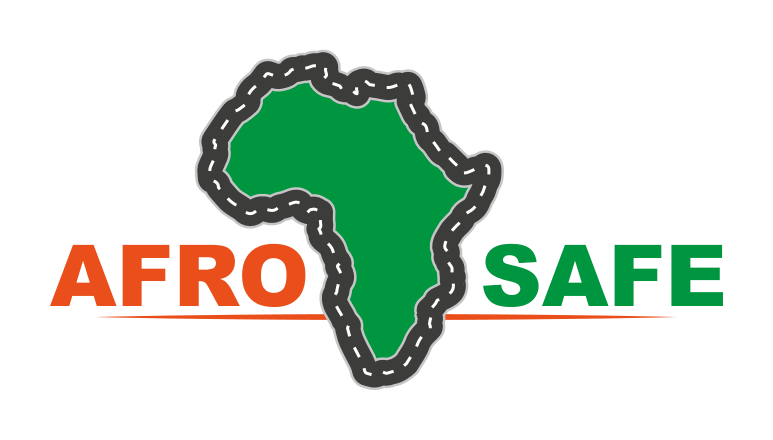AfroSAFE aims to foster radical improvement of road safety in African countries. The project coordinator Aliaksei Laureshyn introduces the project through five quick questions.
What is AfroSAFE about?
In a nutshell, the project is about how the best available methods and tools for dealing with traffic safety can be implemented in the African countries. Copying the practices ‘as is’ from Sweden or Norway to Tanzania or Ghana is most surely not going to work. The countries are too different in traffic conditions, types of problems and, not least, the resources available. However, the fundamental traffic safety principles are universal and are valid anywhere—including Africa. To make a real change, we need a critical mass of safety professionals who are both very familiar with these principles and understand the local context to implement them successfully. Here, educational activities and pilot projects planned in AfroSAFE will make a significant contribution.

Lund University, Sweden
How did you come up with this research focus?
During 1990s, a real ‘revolution’ took place in the world of traffic safety. Countries like Sweden and the Netherlands were pioneers in formulating and then implementing what was later called the Safe System approach to road safety. Since then, many other countries around the globe, including those with low and middle incomes, have repeatedly demonstrated that the Safe System is an efficient way to curb and decrease traffic fatalities and injuries.
In Africa, the risk to be killed on a road is at least three times higher compared to Europe. With growing car ownership, this problem will escalate further, unless a systematic reliable approach to road safety management is adopted. Most of the technical knowledge necessary for that is readily available. The challenge that triggers our curiosity, however, is how these changes can be implemented in an efficient and quick way.
What is special about how you approach road safety in AfroSAFE?
I hope that we will explain the fundamentals of the Safe System in more detail in one of our future posts. The principal difference from the traditional way of looking at things is that the transport planners take greater responsibility. Their task is to design a forgiving system in which mistakes of road users will not be punished by death. This is a fundamental shift in mentality, and it directly affects how the road safety work is planned and organized at all levels.
How are you going to engage with the actors in Africa?
AfroSAFE has several project partners located in Zambia, Ghana and Tanzania. Each partner serves as a node connecting many other actors working with road safety, such as transport ministries, municipalities, road police, academic institutions and NGOs.
We plan for various educational activities and pilot projects to be performed in the partner countries. The main project outcome—the Virtual Centre of Excellence in traffic safety—will be based at the University of Dar es Salaam and it will continue its activities independently after the project ends.
What will we learn from AfroSAFE news and updates?
AfroSAFE will keep you informed about the project activities, especially those open for external participants—such as courses, workshops and demonstrations. But we will also publish some educational materials that are necessary to understand the Safe System’s components and how they could be relevant for Africa.



